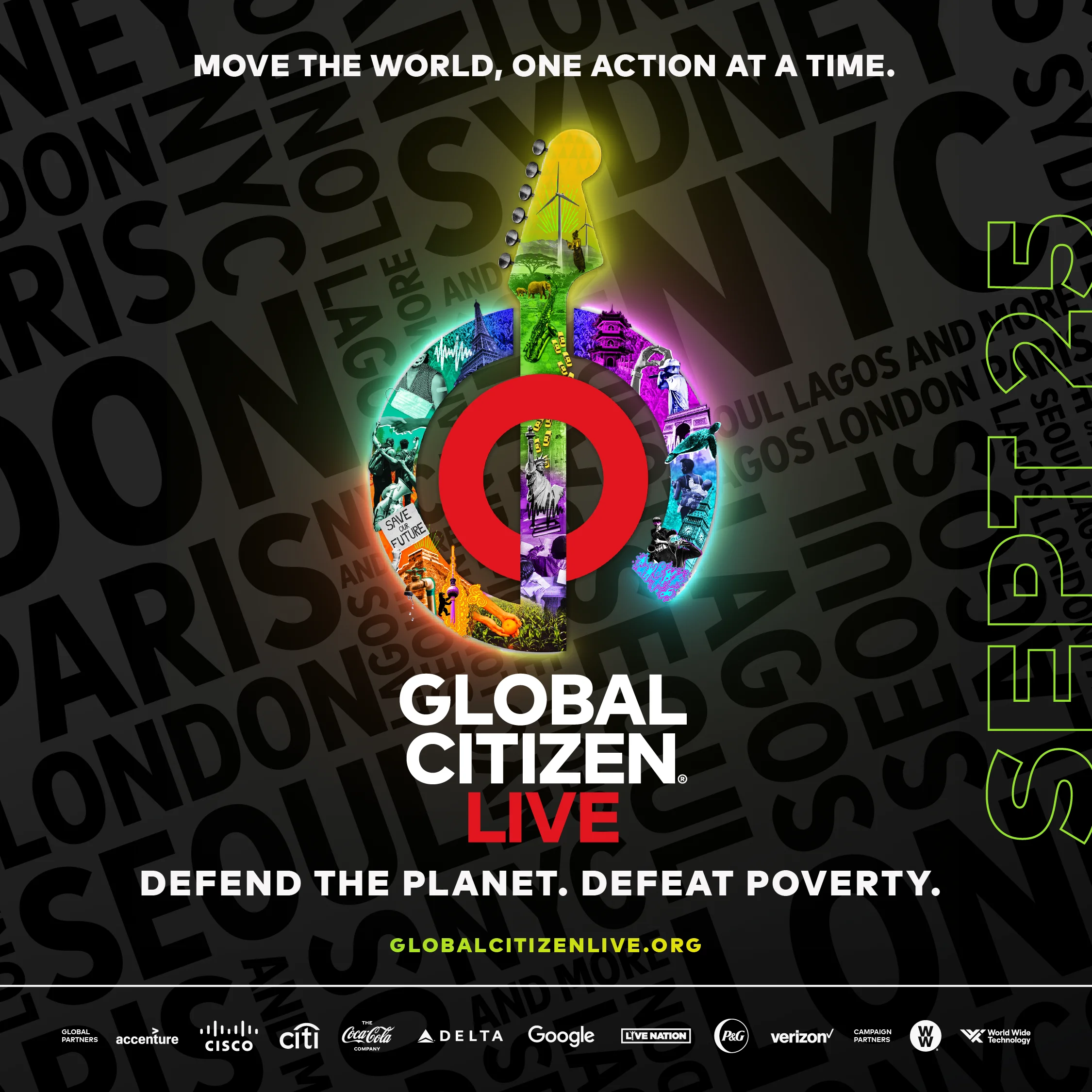But it’s happening right now and David Beasley, the head of the World Food Programme, thinks that money could be put to better use.
In a tweet on June 26, Beasley called on Jeff Bezos, Richard Branson, and Elon Musk to contribute the $6 billion needed to save 41 million people in 43 countries who are at risk of starving this year. It might sound like a big ask, but for these billionaires it’s an amount that’s tantamount to pocket change.
Bezos is worth $192.6 billion, Branson is worth $6.3 billion, and Musk is worth $165.9 billion. Together, that’s $364.8 billion, which could prevent people from starving to death 60 times over, according to Beasley’s estimation.
Even before the COVID-19 pandemic, world hunger had been rising for years due to ongoing conflicts, regional economic stagnation, and the escalating effects of climate change on agriculture.
But the pandemic greatly accelerated this trend by destabilizing economies, undermining agricultural production, and disrupting humanitarian efforts that deliver food aid to populations in need. As a result, the number of people at risk of starvation doubled to 270 million. In four countries — Ethiopia, Madagascar, South Sudan, and Yemen — more than 600,000 people are already facing famine.
"Global Citizen is supportive of all efforts to get dollars flowing much faster to working charities, particularly as philanthropic endowments experience unparalleled growth and billions of dollars sit idle at a time when charities need it now more than ever to respond to unprecedented health, economic, and hunger crises,” said Michael Sheldrick, global director of policy and advocacy at Global Citizen.
Global Citizen launched the Give While You Live campaign with Forbes in 2020 to encourage billionaires to give 5% of their wealth annually to charitable organizations. In the midst of the pandemic, global inequality has grown more pronounced. While tens of millions experience growing levels of poverty, in the US alone, 56 new billionaires emerged during the first 11 months of the pandemic, and total US billionaire wealth increased by $1.3 trillion to $4.6 trillion.
Organizations like the WFP and UNICEF have been scaling up emergency nutrition programs to help the most vulnerable populations including young children and pregnant women, while also supporting families with food packages and livelihood assistance — but they face enormous funding gaps. Groups like the International Fund for Agricultural Development, meanwhile, are trying to help small farmers recover from the pandemic and curb any losses they may have faced.
Beasley’s initial tweet came in response to a CNN video that presented the “race to space” as a noble endeavor, something that someone like Bezos has wanted to do his entire life.
Hey, @RichadBranson, @elonmusk and @JeffBezos, so excited to see you compete on who gets to space first! BUT, I would love to see you TEAM up together to save the 41 million people who are about to starve this year on Earth! It only takes $6 Billion. We can solve this quickly! https://t.co/y5YeJwoWao
— David Beasley (@WFPChief) June 26, 2021
He’s even taking his brother with him, CNN reports, and anyone else who wants “the bragging rights” of getting closer to the moon.
Beasley later called on the entrepreneur Larry Ellison (net worth $106.8 billion) to contribute funds to prevent starvation.
Hey @larryellison, so amazing to hear you’re transforming your island in Hawaii into an incredible luxury eco resort! But what about we also work together to save the 41M people on the brink of starvation right now? Let’s get in touch. Mahalo!
— David Beasley (@WFPChief) July 7, 2021
Outer space has always enchanted human beings, figuring into cultural and spiritual traditions from the earliest known records. The vast distances between stars, the prospect of slipping past gravity and communing with other life forms — it’s a field of imagination that has inspired the greatest science fiction writers.
But the current “space race” is a perversion of this imaginative potential, critics say.
Already, the Earth’s orbital belt is filled with “space junk,” scraps of broken satellites that regularly collide with one another and rain back down to Earth. If you want a window seat on Blue Origin, Virgin Galactic, and SpaceX, you might want to play the lottery first to get that sort of money.
While these rockets will give people an Instagram-friendly view of Earth, they’re also releasing astronomical amounts of greenhouse gases into the atmosphere. And the long-term goal of commercial space exploration is not to give everyone their own Star Trek experience, but to exploit the mineral deposits of asteroids and planets, exporting the environmentally destructive form of capitalism that has ravaged our own planet.
In the past, societies often looked to the stars for guidance to the problems that plagued human existence. Now, when the solutions to poverty have never been so readily available and the night sky is shrouded with air pollution, space has become the exclusive playground for the uber-wealthy.
You can join the Global Citizen Live campaign to defeat poverty and defend the planet by taking action here, and become part of a movement powered by citizens around the world who are taking action together with governments, corporations, and philanthropists to make change.
